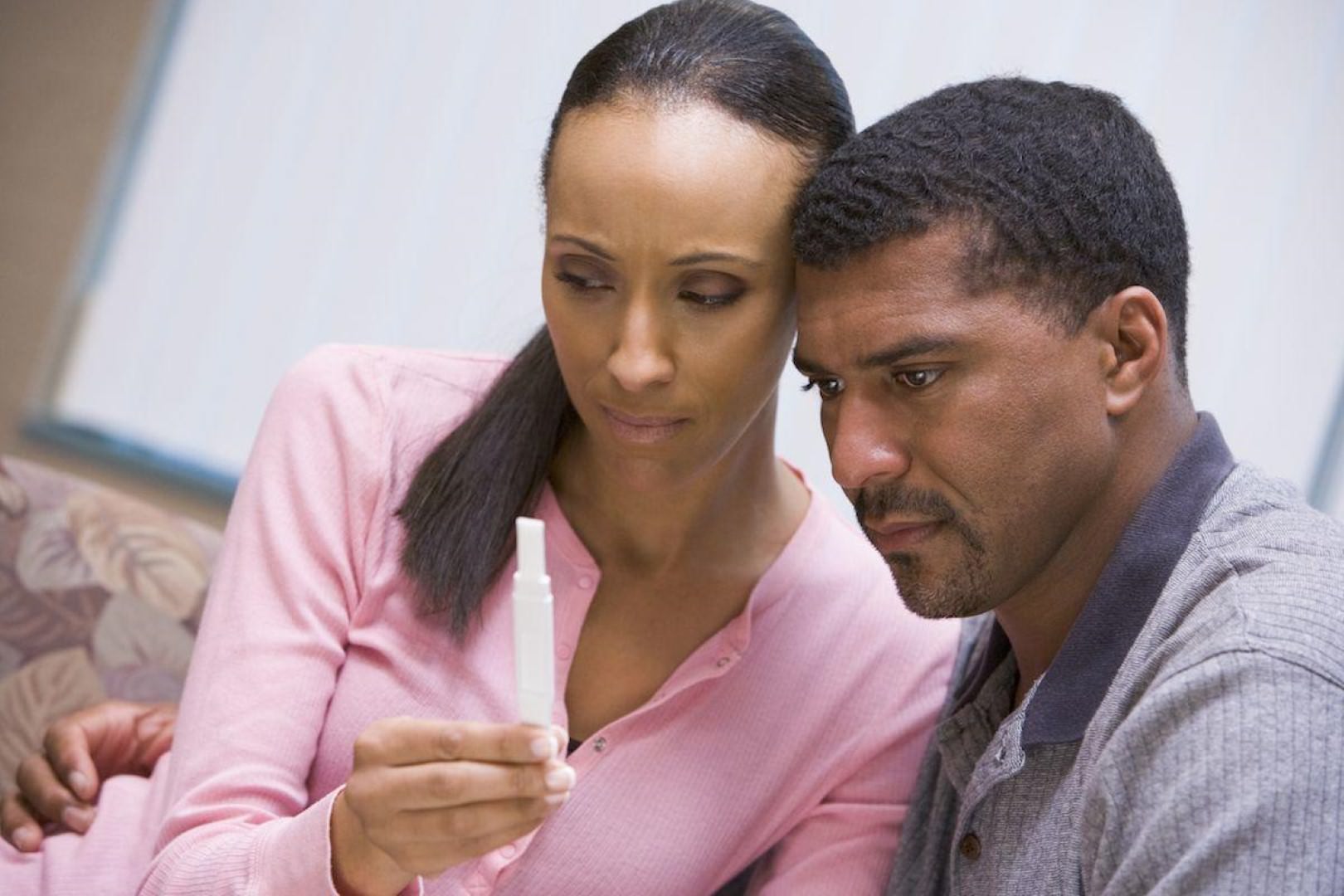- BY Susan Tucker
- POSTED IN Gluten-Free Life, Information
- WITH 0 COMMENTS
- PERMALINK
- STANDARD POST TYPE

When a man and a woman decide that they want to begin trying to have a baby in order to start a family together, it can be devastating to find that they are not getting pregnant as quickly as they would have hoped. Infertility applies to both men and women and their ability to conceive. In most instances, a medical professional will not diagnose a patient as having infertility issues until they have been unable to get pregnant after one full year of trying. Miscarriages also apply and if a woman has been able to get pregnant but has had one or more miscarriages within that year, this is cause for infertility support as well. Currently, as many as 6.7 million women in the United States have difficulty getting pregnant for one reason or another. For both men and women who deal with Celiac disease, there could be a real link between this condition and infertility.
The Celiac Disease and Infertility Connection
Nutrition
There are a number of factors that go into a man and women getting pregnant. Of course, the egg and the sperm need to meet in order for pregnancy to occur, but both partners need to be in good health in order for healthy sperm and healthy egg to meet. Nutrition plays a big part in a woman’s menstrual cycle and the health of her eggs. A man’s sperm will not be healthy or able to meet a woman’s egg if certain nutrients are deficient in the body. In the case of Celiac disease, the body can be missing a number of vitamins and nutrients because of improper absorption when food is consumed. This can lead to irregular periods and a host of other hormonal problems.
Related: How to Stay Healthy During the Cold Winter Months
Undiagnosed Celiac Disease
Unfortunately, there are many men and women that have symptoms related to Celiac disease but they are not diagnosed by a doctor as having the problem. Infertility may be present as well, but without a diagnosis and proper treatment plan, infertility will not improve. It is important to seek the help of a medical professional if you suspect that you are having symptoms of Celiac disease of any sort, or if you are simply concerned with your overall state of health. Currently, there are a number of Celiac disease experts that suggest women with unexplained fertility issues should be tested for Celiac upon their infertility diagnosis.
Over the past ten years, there have been a number of studies completed that strongly suggest that there is a definitive link between Celiac disease and infertility. While infertility is devastating, if Celiac disease is the cause, there are often steps that can be taken to rectify the problem and help boost fertility whether this be dietary changes or supplementation.
Additional Resources
- Celiac Disease & Infertility: Is There a Connection?
- Undiagnosed Celiac Disease Can Lead to Infertility
- What’s The Connection Between Celiac Disease Or Gluten Intolerance And Infertility?
Be sure to sign up for our not-too-frequent newsletter for more great tips and information on celiac disease and gluten intolerance.


